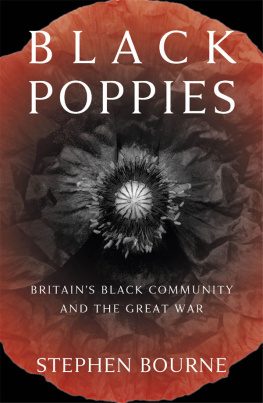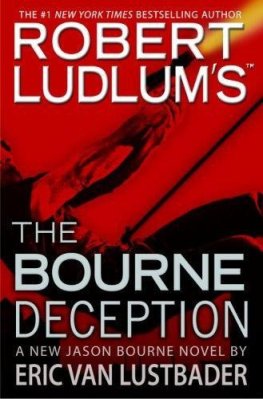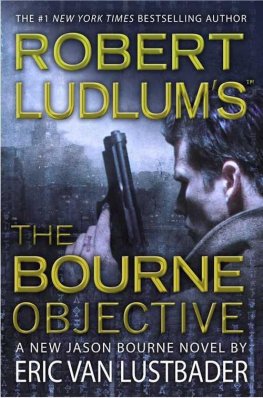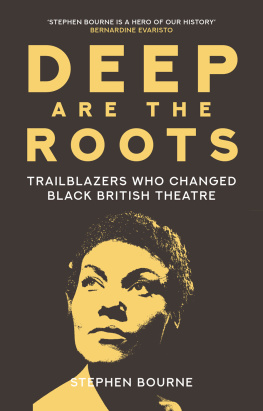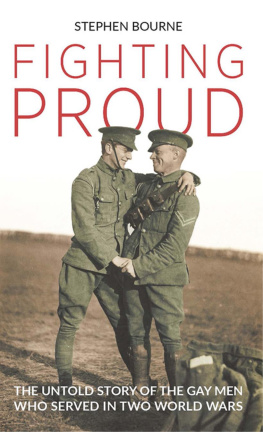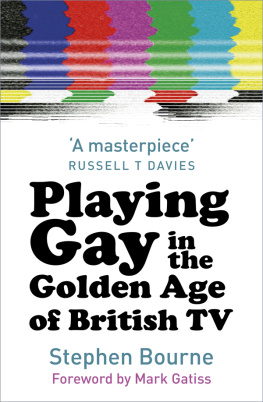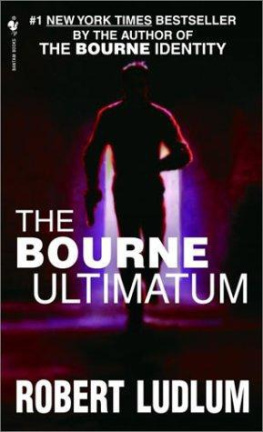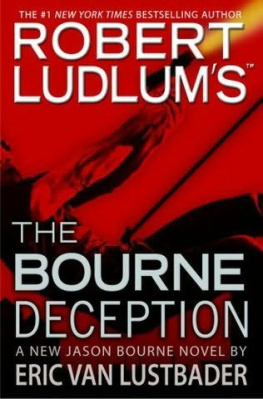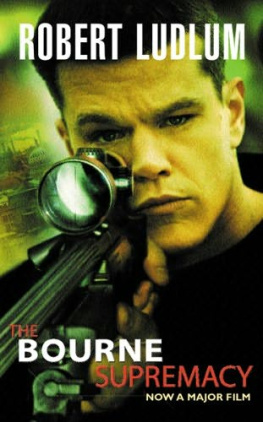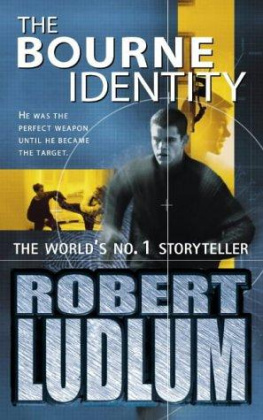Bourne Stephen - Black Poppies
Here you can read online Bourne Stephen - Black Poppies full text of the book (entire story) in english for free. Download pdf and epub, get meaning, cover and reviews about this ebook. year: 2014, publisher: The History Press, genre: Politics. Description of the work, (preface) as well as reviews are available. Best literature library LitArk.com created for fans of good reading and offers a wide selection of genres:
Romance novel
Science fiction
Adventure
Detective
Science
History
Home and family
Prose
Art
Politics
Computer
Non-fiction
Religion
Business
Children
Humor
Choose a favorite category and find really read worthwhile books. Enjoy immersion in the world of imagination, feel the emotions of the characters or learn something new for yourself, make an fascinating discovery.
- Book:Black Poppies
- Author:
- Publisher:The History Press
- Genre:
- Year:2014
- Rating:4 / 5
- Favourites:Add to favourites
- Your mark:
- 80
- 1
- 2
- 3
- 4
- 5
Black Poppies: summary, description and annotation
We offer to read an annotation, description, summary or preface (depends on what the author of the book "Black Poppies" wrote himself). If you haven't found the necessary information about the book — write in the comments, we will try to find it.
Black Poppies — read online for free the complete book (whole text) full work
Below is the text of the book, divided by pages. System saving the place of the last page read, allows you to conveniently read the book "Black Poppies" online for free, without having to search again every time where you left off. Put a bookmark, and you can go to the page where you finished reading at any time.
Font size:
Interval:
Bookmark:

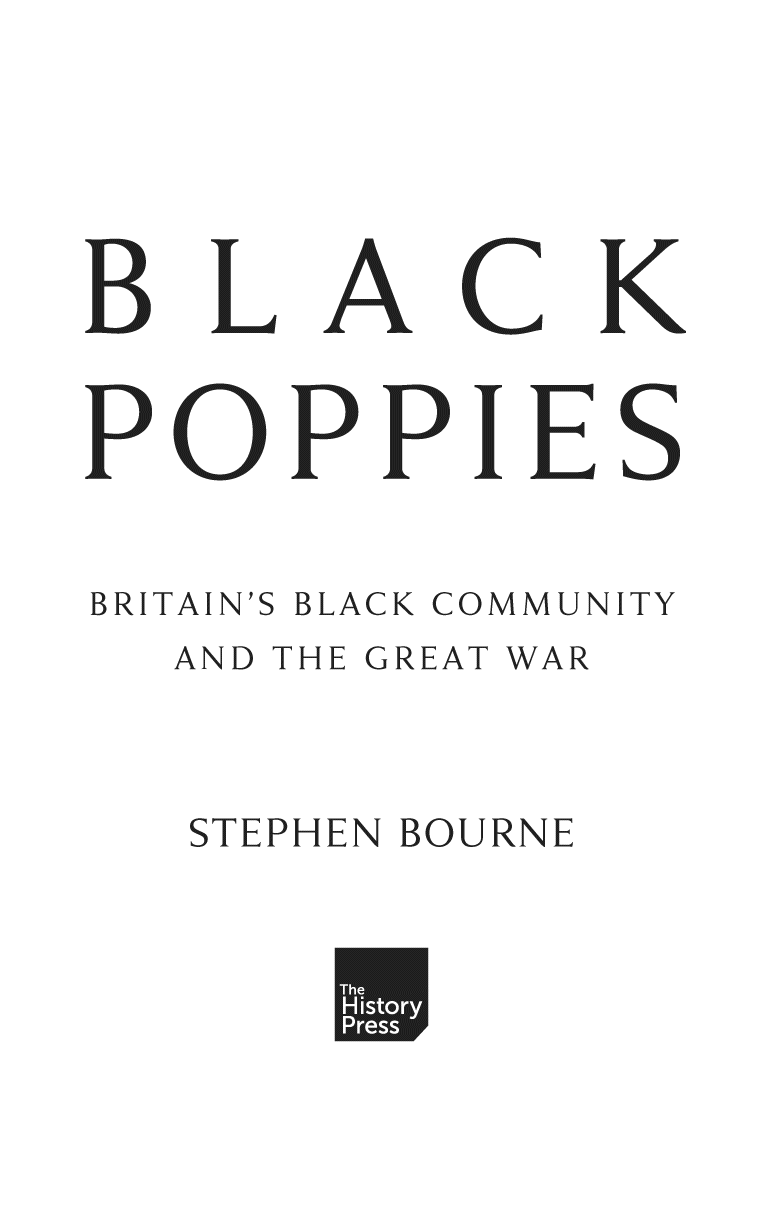
Back cover: Marcus Bailey (standing) and an unidentified soldier/
Lilian and Adrian Bader
First published 2014
This edition published 2019
The History Press
97 St Georges Place, Cheltenham
Gloucestershire, GL50 3QB
www.thehistorypress.co.uk
Stephen Bourne, 2014, 2019
The right of Stephen Bourne to be identified as the Author of this work has been asserted in accordance with the Copyright, Designs and Patents Act 1988.
All rights reserved. No part of this book may be reprinted or reproduced or utilised in any form or by any electronic, mechanical or other means, now known or hereafter invented, including photocopying and recording, or in any information storage or retrieval system, without the permission in writing from the Publishers.
British Library Cataloguing in Publication Data.
A catalogue record for this book is available from the British Library.
ISBN 978 0 7524 9787 7
Typesetting and origination by The History Press
Printed and bound in Great Britain by TJ International Ltd.
eBook converted by Geethik Technologies

PART III:
ROYAL FLYING CORPS (ROYAL AIR FORCE)
Black Cultural Archives (www.blackculturalarchives.org)
British Library (www.bl.uk)
Commonwealth War Graves Commission (www.cwgc.org)
Imperial War Museum (London) (www.iwm.org.uk)
National Archives (www.nationalarchives.gov.uk)
West Indian Ex-Services Association
Peter Devitt, Assistant Curator, RAF Museum, London
Kevin Goggin
Nick Goodall
David Hankin (www.davidhankin.com)
Keith Howes
Linda Hull
Nathan Rusden
Dr Richard Smith, Goldsmiths University of London
I would like to thank two historians, Ray Costello and Jeffrey Green (www.jeffreygreen.co.uk), for their outstanding work which has been an inspiration to me. They are acknowledged throughout this book. I would also like to thank them for their support, generosity, encouragement and friendship.
Thanks to Lindsay Siviter for drawing my attention to the photograph of the black Metropolitan police officer.
Thanks to David Ball and the Manley family for permission to include extracts from some of the First World War correspondence of Norman, Roy and Vera Manley.
Thanks to Mrs Anita Bowes and the Cozier family for permission to reproduce their copy of the photo of Pastor Kamal Chunchie and the Coloured Mens Institute outing to Reigate (1926). Pastor Chunchies copy of this photo can be found in the archive of Eastside Community Heritage, The Old Town Hall, Stratford, London E15 4BQ, courtesy of his family.
In spite of its title, Black Poppies is not intended to be a book specifically about black servicemen in the First World War. The book highlights the experiences of some black servicemen and the wider black community in Britain from 1914 to 1919, both in the text and through the photographs.
Black Poppies should not be read in isolation. Since Peter Fryers landmark book Staying Power: The History of Black People in Britain was published in 1984, several important books have surfaced that include vital information about the lives of black servicemen and Britains black community during and just after the First World War. Some of these are now out of print, but I would suggest that readers access them through inter-library loans, the British Library, eBay or a second-hand book dealer such as www.abebooks.co.uk. I would highly recommend the following: Under the Imperial Carpet: Essays in Black History 17801950 (1986), edited by Rainer Lotz and Ian Pegg, which includes chapters about black soldiers in the army in the First World War (by David Killingray) and the 1919 riots (by Jacqueline Jenkinson); Jeffrey Greens Black Edwardians: Black People in Britain 19011914 (1998) for its detailed survey of the black presence in Britain in the period leading up to the outbreak of the First World War; Ray Costellos Black Liverpool: The Early History of Britains Oldest Black Community 17301918 (2001) and Black Tommies: British Soldiers of African Descent in the First World War (2015); Glenford Howes Race, War and Nationalism: A Social History of West Indians in the First World War (2002) for its analysis of the impact of the First World War on the people of the Caribbean; Morag Miller, Ray Laycock, John Sadler and Rosie Serdivilles As Good As Any Man: Scotlands Black Tommy (2014); David Olusogas The Worlds War (2014) and Black and British: A Forgotten History (2016); and Richard Smiths Jamaican Volunteers in the First World War: Race, Masculinity and the Development of National Consciousness (2004) for its analysis of the impact of the First World War on Jamaican recruits into the British Army and the British West Indies Regiment. I would also like to draw the readers attention to Nairobi Thompsons poetry collection Bayonets, Mangoes and Beads: African Diasporic Voices of WWI and WWII (2016) and her collaboration with Jak Beula as editors on Remembered In Memoriam: An Anthology of African and Caribbean Experiences WWI and WWII (2017). More information about these books and other relevant texts can be found in the Further Reading list at the end of this book.
I have always tried to include first-hand testimonies in my black British history books. However, for Black Poppies, first-hand accounts have been almost impossible to find because so few black servicemen from the First World War have been interviewed. I am indebted to the makers of the outstanding documentary film Mutiny (1999), written and researched by Tony T. and Rebecca Goldstone at Sweet Patootee. This was shown on Channel 4. The interviews with the handful of surviving soldiers who served with the British West Indies Regiment include the Guyanese Gershom Browne (aged 101) and the Jamaican Eugent Clarke (aged 106). They vividly recalled their lives in the trenches on the front line.
First-hand testimony is also present in Ernest Markes autobiography Old Man Trouble (1975), in which he presented a dramatic insight into his experiences as a young merchant seaman in the First World War. Norman Manleys short autobiography, published in Jamaica Journal (1973), in which he reflects in detail on his war service, has also been extremely useful, but it is heartbreaking that so few first-hand testimonies of black servicemen in the First World War have been recorded and preserved.
The same is also true of the black community in Britain during the First World War, though two landmark television programmes, The Black Man in Britain 15501950 (BBC2, 1974) and Colin Prescods Tiger Bay is My Home (Channel 4, 1983), have proved invaluable for their inclusion of first-hand accounts of the 1919 race riots in Cardiff.
In this updated edition of Black Poppies, the reader will find the stories of servicemen which were not available to me for the first edition. These have been collected over the four-year period of the First World War centenary. They include Arthur Roberts, known as Scotlands Black Tommy, who fought on the battlefields of the Great War in the Kings Own Scottish Borderers; Lieutenant David Clemetson, the Jamaica-born officer who could have passed for white but refused to lie about his race; Sergeant George A. Roberts, a Trinidadian in the Middlesex Regiment, who fought in the battles of the Somme and Loos and the Dardanelles campaign, and whose post-war campaign led to better treatment of ex-servicemen; and the Cornish sailor Dickie Barr. The music hall career of London-born Cassie Walmer and the childhood memories of Olive Campbell, a black child raised by a white family in Wigan, have also been added.
Font size:
Interval:
Bookmark:
Similar books «Black Poppies»
Look at similar books to Black Poppies. We have selected literature similar in name and meaning in the hope of providing readers with more options to find new, interesting, not yet read works.
Discussion, reviews of the book Black Poppies and just readers' own opinions. Leave your comments, write what you think about the work, its meaning or the main characters. Specify what exactly you liked and what you didn't like, and why you think so.

